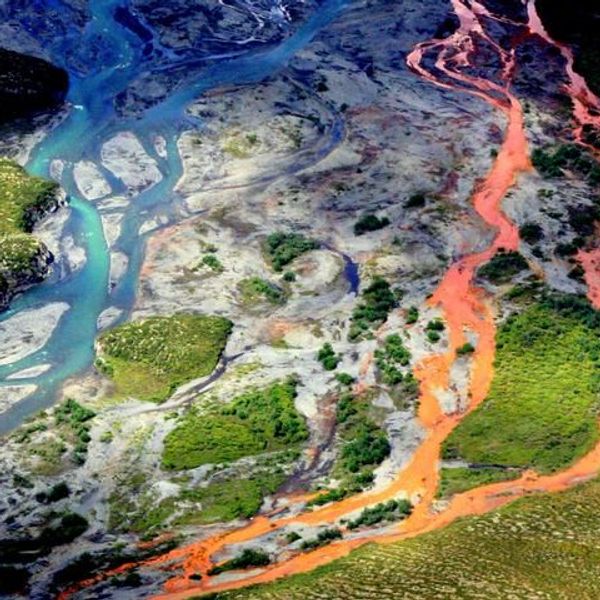The sea ice extent in the Arctic is at its lowest level ever for this time of year, according to the latest information from the National Snow and Ice Data Center (NSIDC).
The NSIDC reports that the recent ice loss rates have been 38,600 to 57,900 square miles -- more than double the climatological rate.
"The main contributors to the unusually rapid ice loss to this point in June are the disappearance of most of the winter sea ice in the Bering Sea, rapid ice loss in the Barents and Kara Seas, and early development of open water areas in the Beaufort and Laptev Seas north of Alaska and Siberia," the NSIDC explains.
The NSIDC further notes that the far north's snow cover is "nearly gone, earlier than normal, allowing the coastal land to warm faster."
In its most recent Arctic Report Card, the NOAA reported that changes to the Arctic had been "profound," and that with global warming projected to increase, "it is very likely that major Arctic changes will continue in years to come, with increasing climatic, biological and social impacts."
* * *
* * *




